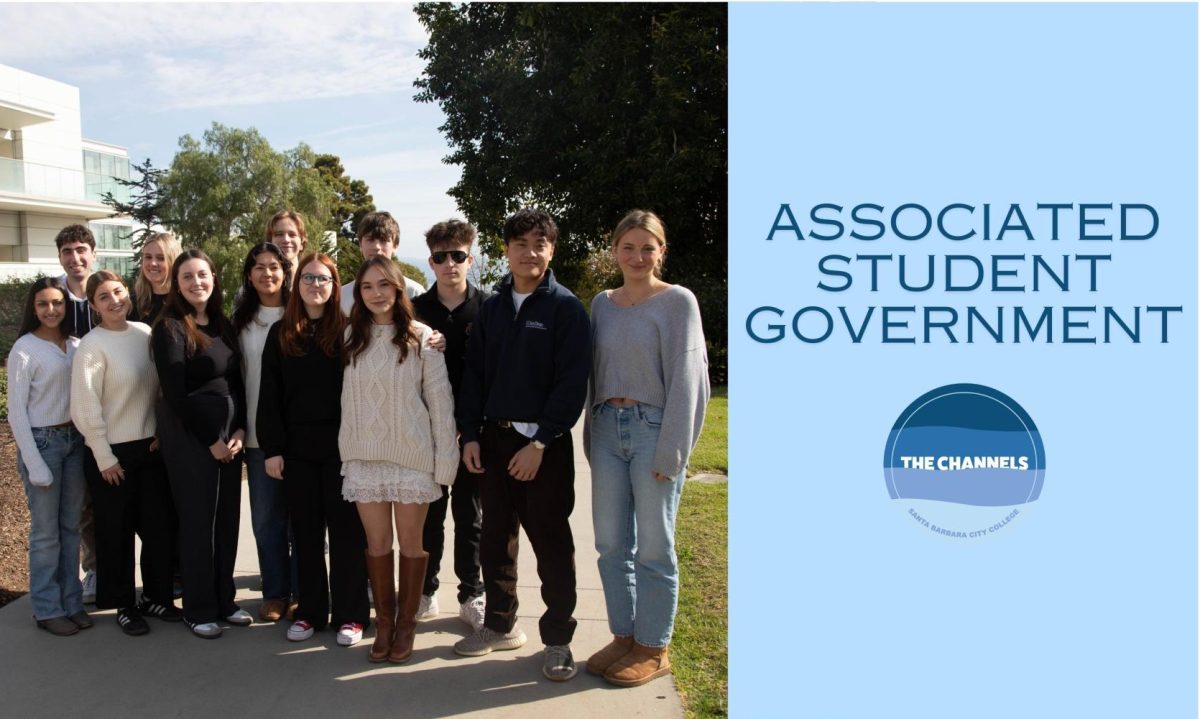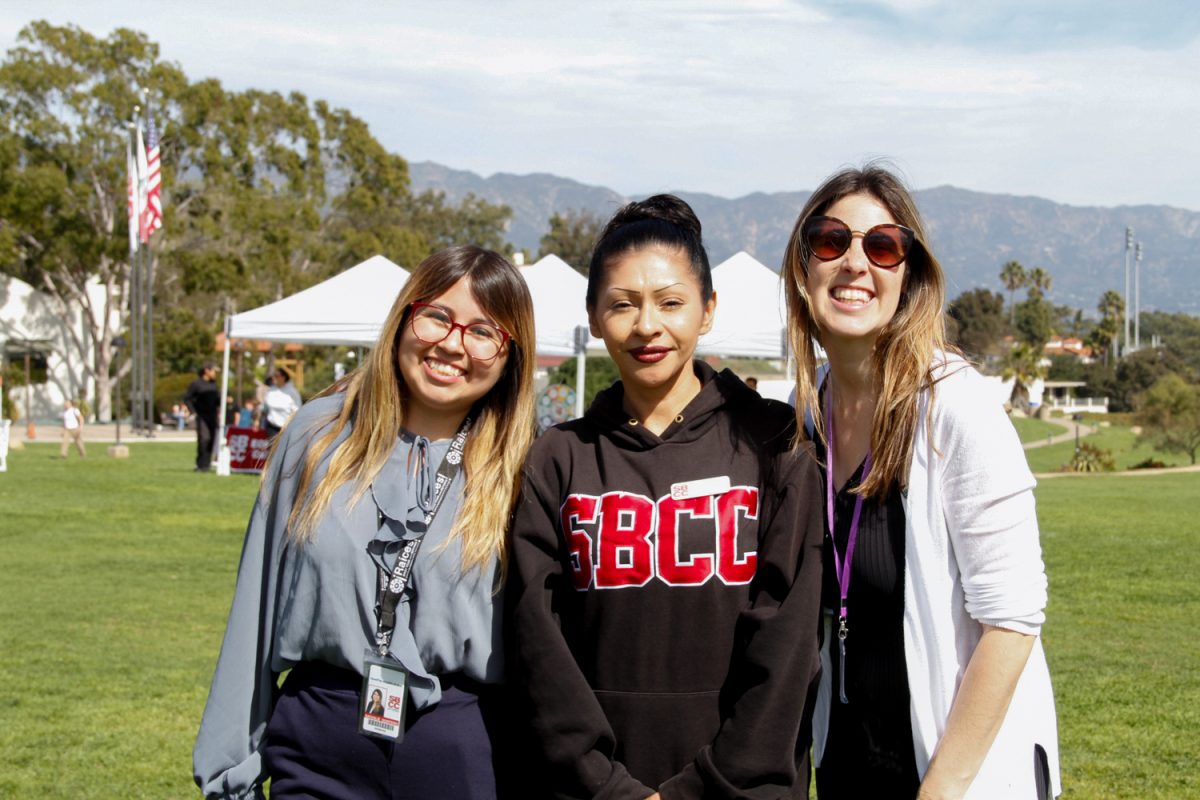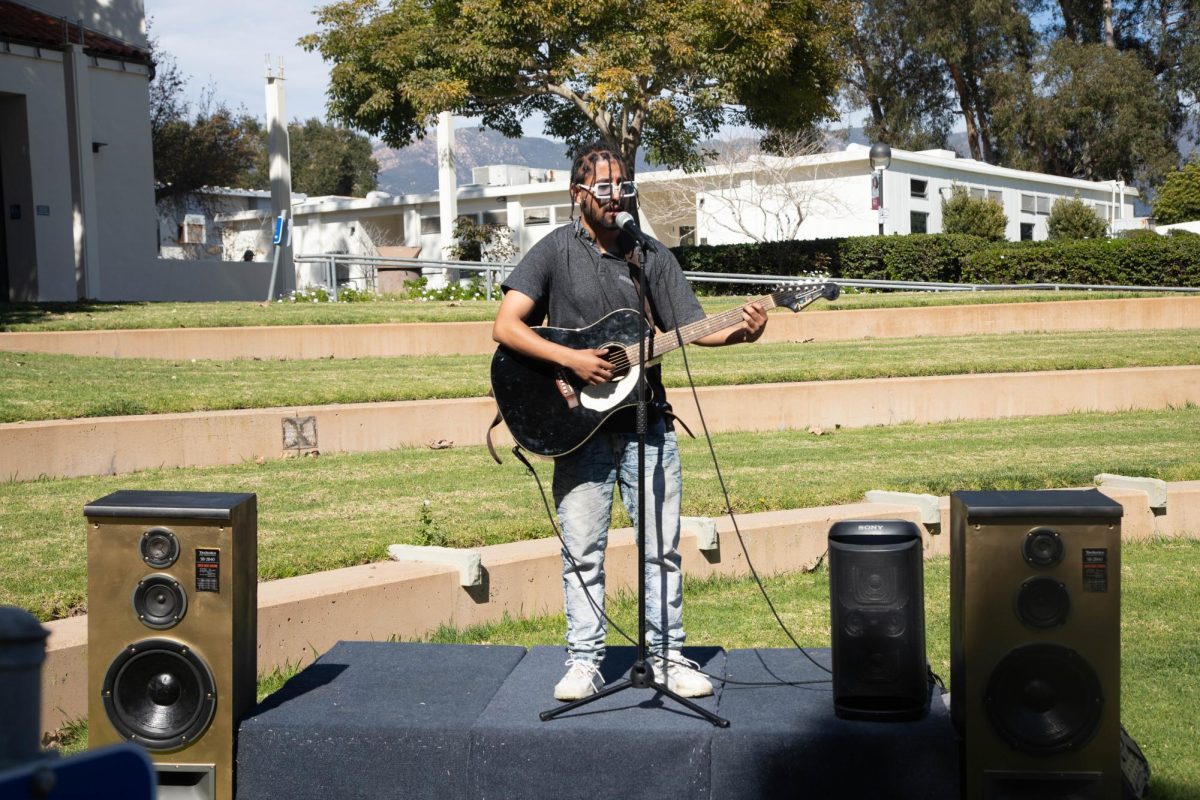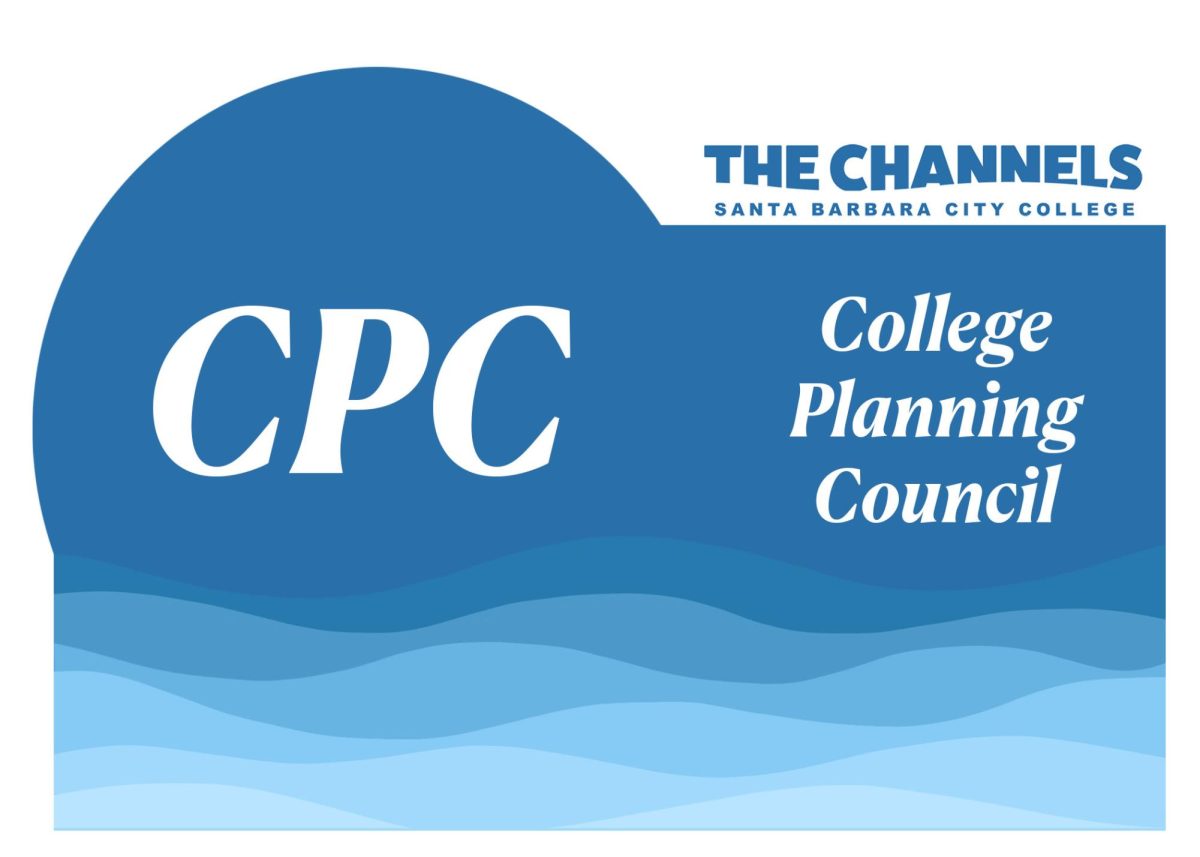On Nov 7, the Academic Senate discussed matters concerning an on-campus testing center and the reevaluation of a proposed series of general education requirements. Additionally, faculty was introduced to a new approach to help students better connect with and get to know their majors.
Update on proposed GE requirements
Last Senate meeting, Vice President of Academic Senate Tara Carter proposed a series of GE requirements for transfer called CALGETC. This series includes an additional area going into effect Fall 2025: Applied Living Skills.
Carter raised a potential issue with this current proposal, particularly regarding feedback from the University of California (UC) system after it was submitted to both California State University (CSU) and UC schools for approval.
“The CSU schools are okay with this,” Carter said. “However, we have to see what feedback we get from the UC’s.”
Carter explained that her concern stemmed from the possibility of UC’s feedback relating to the IGETC (Intersegmental General Education Transfer Curriculum) transfer path. There is one primary template pathway for transferring to a UC school, and with the revised template, she stressed the major possibility of having to start from scratch if not met to the UC’s needs.
“Senate approval or not, these additional courses will help them to finish their programs,” Carter said. “We deal with so many students who leave here without their associates, and I think that can change.”
This area was approved by the Academic Senate and awaits to be fully approved by UC schools.
On-campus testing center
The senate addressed the proposal for a testing center on campus. President of Academic Senate Joshua Ramirez, emphasized the need for a secure, professional environment for students and faculty. He also highlighted the importance in supplying on-site testing proctors available in the evening.
Chair of Physical Education, Kathy O’Connor who has worked at City College since 1976, explained that before COVID-19, there was a testing center located on the second floor of the student services building for DSPS students. O’Connor noted the many safety concerns that came with this location.
“We’ve been talking about this since 1995,” O’Connor said. “We’ve gone through all the gyrations but nothing’s ever happened and it’s been 30 years.”
Carter brought up the idea of online proctors, otherwise known as lockdown browsers, which use artificial intelligence to flag students cheating when taking online exams.
“As much as I am a fan of a technological solution,” Ramirez said “There are cases out there, where a student’s private information has been captured during [online] proctoring. Students are feeling policed online.”
The Senate conferred to send out a survey to students and get input on this center and the aspects included.
Major outreach
Margaret Prothero, English professor and faculty coordinator for guided pathways, shared a presentation with the Senate emphasizing the importance of students gaining a deeper understanding about their majors.
Prothero showcased the different strategies for faculty to engage with their majors and students involved. She suggested personalized letters and videos to highlight the authenticity and realness that most of today’s students value.
“Be real, be human,” Prothero said. “The most important thing is you’re connecting with your students, helping them get to know your department.”
She added that engagement is encouraged through newsletters and events tailored to the department’s discipline, giving an example of the English department’s “pizza and the play” night, fostering a sense of community.
The Senate expressed a good reaction to the presentation, with Prothero stressing the importance of taking action as soon as possible.
Artificial intelligence
Ramirez concluded the meeting with its last agenda item regarding the use of Artificial Intelligence specifically by students at City College and the possibility of revising the syllabus in regard to the issue. He mentioned the important ethical and practical concerns surrounding its usage in education.
“We need to offer students guidance in how to use this,” Ramirez said. “When they disclose personal information to these AI’s, that’s there to be exploited.”
Danielle Swiontek, social sciences professor, also added the need to discuss AI’s environmental impact with students, specifically in the context of climate change. She suggested that AI is primarily driven by companies seeking markets rather than genuine educational benefits.
“We’re going to be told that this is going to help our students,” Swiontek said.” I think we need to be super critical and super careful about how and at what degree we embrace this.”
The Senate tabled the matter for next meeting.
The next Academic Senate meeting will be held on Dec. 4.









